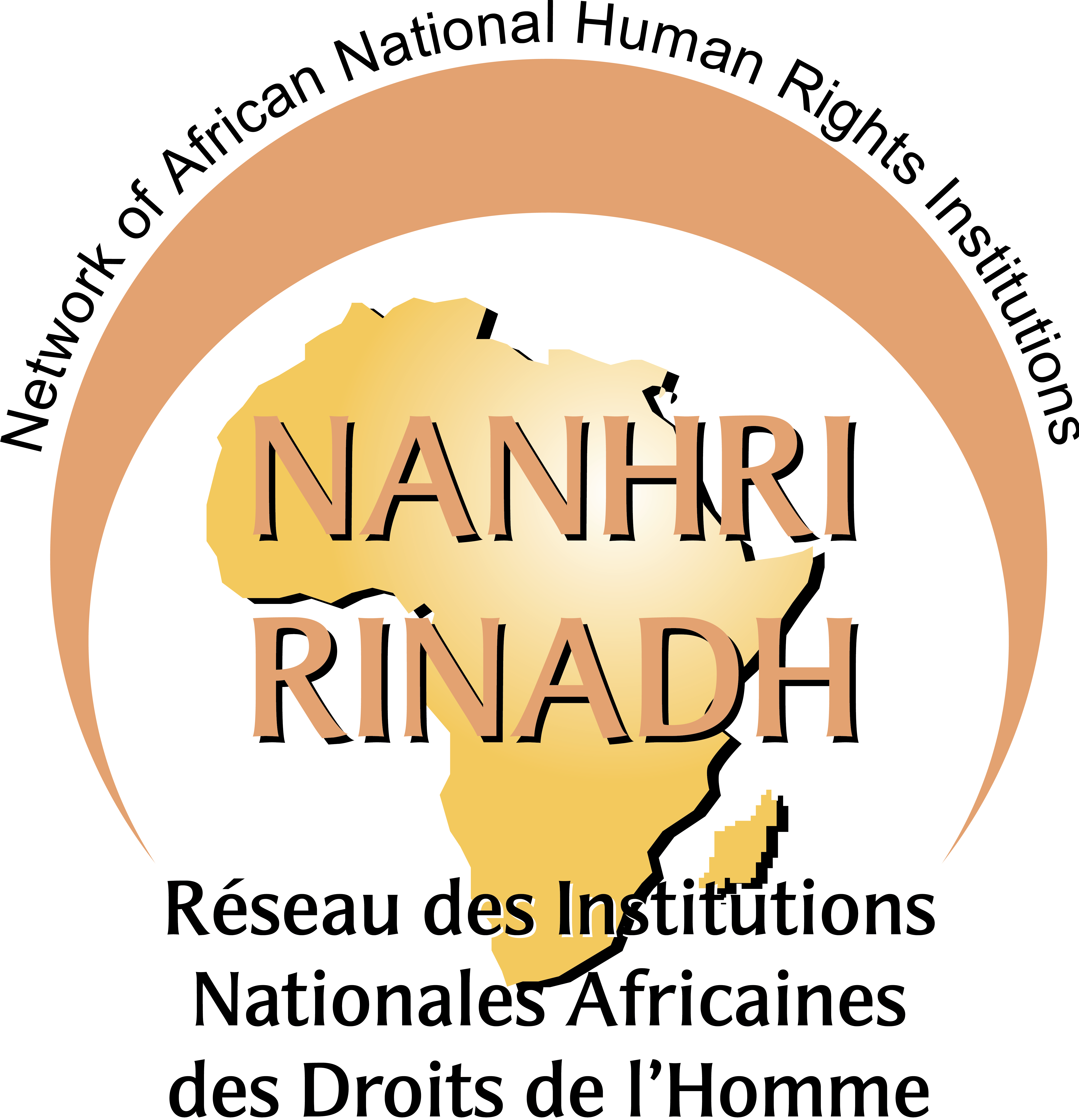- Home
- Who we are
- What we do
- Our Areas of Intervention
- Strategic Plan
- Conflict Resolution & Peace Building
- Resources
- Opportunities
- Africa Human Rights Database
66th Ordinary Session of the African Commission on Human and Peoples’ Rights July 2020
1. Overview
The African Policing Civilian Oversight Forum (APCOF) welcomes the opportunity to make this submission to the Special Rapporteur on Prisons, Conditions of Detention and Policing in Africa, and we do so on behalf of the Regional Campaign to Decriminalise Petty Offences in Africa (‘the Regional Campaign’). More information about the Regional Campaign is available at its website: www.pettyoffences.org.
The Regional Campaign remains deeply concerned about the criminalisation of poverty across our continent. While we welcome the African Commission’s adoption of the Principles on the Decriminalisation of Petty Offences, we urge the Commission, through the Special Rapporteur, to increase the visibility of the Principles and to further promote their implementation by Member States. This is particularly crucial during the current global Covid-19 pandemic which has exposed and exploited inequalities. Specifically, we have observed the enactment of legislative and regulatory instruments to curb the spread of Covid-19 which are increasingly impacting the poor and marginalised, and resulting in criminal justice sanctions in the context of what are public health and social justice issues.
The Regional Campaign raises the following issues in detail for consideration by the Special Rapporteur:
Though we do not provide further detail in this submission, we nonetheless note our concern and request the Special Rapporteur to take action regarding:
2. The impact of Covid-19 regulations on the poor and marginalised, including issues pertaining to criminalisation, enforcement and sanctions
To curb the spread of Covid-19, several Member States have made declarations of states of emergency or disaster, and/or enacted legislative and regulatory instruments to limit a range of human rights, mostly related to movement and gathering. In some instances, the laws relating to disaster and public health emergencies used as the basis for Covid-19 measures were drafted long before the entrenchment of human rights in the country’s Constitution. Criminal sanctions imposed through the emergency regulations enabled by the declaration of a state of emergency or in terms of the regulations issued under disaster or public health laws, have at times circumvented parliamentary oversight, despite the limitations of rights resulting from such sanctions.
The Covid-19 measures include powers for law enforcement officials, and in some instances the military, to use powers of arrest and detention to enforce compliance with the instruments. However, there is a growing evidence that both the nature of the new ‘offences’ being created through Covid-19 related instruments, as well as their enforcement by law enforcement officials, are having a disproportionate impact on the rights of persons who are poor or otherwise marginalised. This is particularly so when orders to isolate or remain at home are made impossible by homelessness, shared outdoor ablution facilities in informal settlements, the needs of daily wage earners (including those in the informal sector) to make enough money to survive, to name just a few examples. In many instances, Covid-19 related instruments have created new criminal or administrative offences that attract fines and terms of imprisonment, raising significant concerns regarding the proportionality and necessity of these measures in the development context of most Member States.
Also of significant concern to the Regional Campaign is the increasingly militarised and brutal responses by law enforcement officials to violations of instruments that should have been designed from a public health, rather than a criminal justice or /administrative, perspective. There is growing evidence of a range of violations of non-derogable rights, including the right to life and freedom from torture and other ill-treatment, across the continent. The police have been filmed using excessive and brutal force against people, most especially the poor, which have resulted in significant physical and psychological injury, or death. In some Member States, law enforcement officials have extorted persons arrested who and do not want to go to quarantine for 14 days.
Our concerns extend to the death of Mr. Collins Khosa by South African law enforcement officials, for which the Gauteng High Court has issued orders for law enforcement in South Africa to develop guidelines on the use of force in the context of Covid-19 regulation enforcement. Elsewhere on the continent, reports of police brutality in the enforcement of lockdown or curfew regulations in countries such as Kenya, and Uganda are also of great concern. This is despite calls from the United Nations warning governments not to flout the rule of law through the use of emergency powers in the name of fighting the virus but rather that they may use force only when strictly necessary and to the extent required for the performance of their duty in compliance with relevant international norms and standards. Even then, the UN guidelines stipulate that all allegations of human rights violations must be effectively and promptly investigated and perpetrators should be brought to justice.
Instead of enforcing punitive lockdown laws and regulations, Member States should ensure that they educate the public about the virus. If authorities engage the public regularly, educate them about the virus, the public will trust authorities and more likely comply with lockdown laws as best as they can. Respect for human rights, including economic and social rights, and civil and political rights, are fundamental to the success of the public health response.
The Campaign urges the Commission, through the Special Rapporteur, to remind Member States of their obligation to ensure that human rights law must inform legislative and regulatory instruments enacted to curb the spread of Covid-19, and their enforcement, are legitimate, proportionate and necessary, and based on the best available evidence from a public health approach. The criminalisation of movement, work and other activities, for which the poor and marginalised are disproportionately non-compliant for reasons described above, are contrary to the African Charter, as interpreted by the Principles on the Decriminalisation of Petty Offences.
